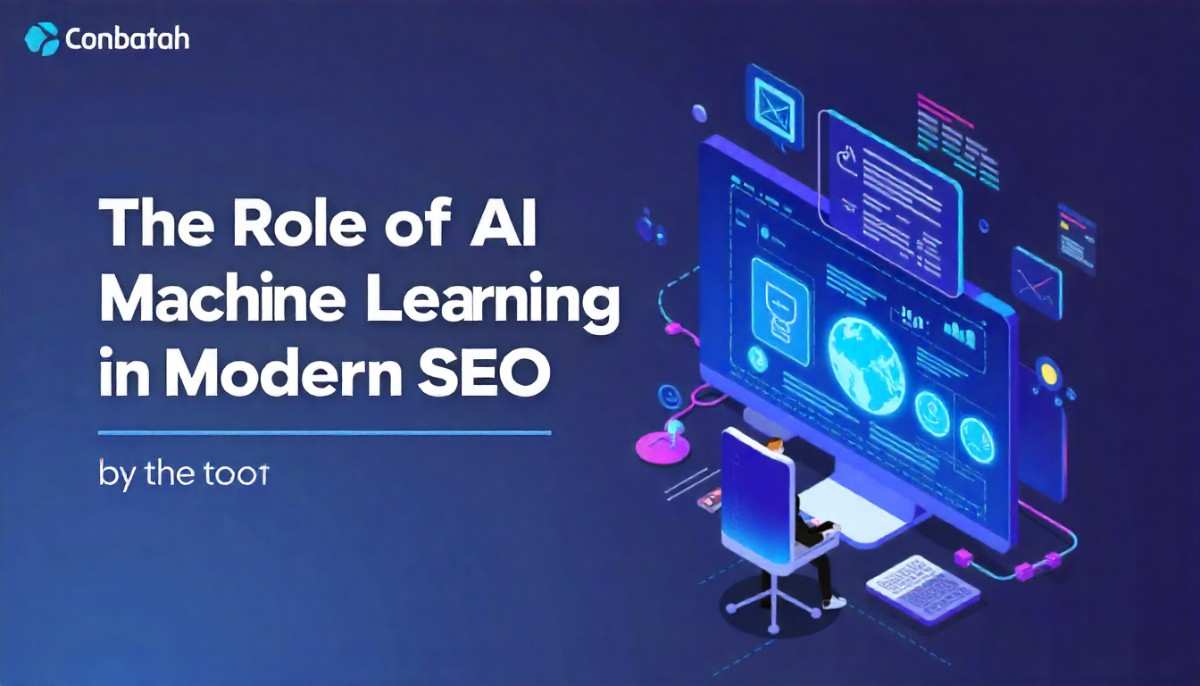


AI and machine learning are reshaping SEO, from smarter keyword research to personalized user experiences.
Search Engine Optimization (SEO) has evolved significantly over the years, moving far beyond simple keyword stuffing and backlinks. Today, search engines like Google use advanced Artificial Intelligence (AI) and Machine Learning (ML) to deliver the most relevant results to users. This technological shift has reshaped the way businesses approach SEO, making it essential for marketers and brands to understand how AI and ML impact digital visibility.
In this article, we’ll explore the role of AI and machine learning in modern SEO, how search engines leverage these technologies, and why working with the Top SEO Agencies can help businesses stay ahead in the game.
Before diving into their impact, it’s important to clarify what AI and machine learning mean in the context of SEO.
Artificial Intelligence (AI) refers to machines simulating human intelligence, such as understanding language, analyzing data, and making predictions.
Machine Learning (ML) is a subset of AI where systems learn from data patterns and improve performance over time without explicit programming.
When applied to SEO, these technologies help search engines understand search intent, evaluate website quality, and rank content with remarkable accuracy.
Google has integrated AI-driven systems like RankBrain and BERT to enhance its ranking algorithms. These models focus on user intent rather than just keywords, allowing search engines to interpret queries more naturally.
RankBrain analyzes search behavior to provide results even for new or complex queries.
BERT (Bidirectional Encoder Representations from Transformers) helps Google understand the context of words in a sentence, improving accuracy for conversational and long-tail queries.
This means content that addresses user needs clearly and comprehensively is more likely to rank well.
Content creation has become smarter thanks to AI-powered insights. Machine learning tools analyze massive amounts of data to reveal what type of content resonates with users. For example:
Topic modeling: Identifies related subjects that enhance topical authority.
User engagement analysis: Tracks time spent on pages, bounce rates, and conversions.
Content gap detection: Highlights missing information compared to competitors.
The Top SEO Agencies use these insights to craft content strategies that align with both search engine algorithms and user expectations, ensuring long-term visibility.
Keyword research is no longer limited to finding high-volume terms. With machine learning, SEO professionals can identify:
Semantic keywords that relate to the main topic.
Voice search queries shaped by natural language.
Trends and predictive search behavior based on user data.
By combining keyword data with AI-powered tools, businesses can target audiences more precisely and capture traffic from evolving search patterns.
Modern SEO extends beyond rankings—it’s about delivering personalized experiences. AI helps tailor content and recommendations by analyzing user behavior, location, and preferences. For instance:
Dynamic search results adjust based on individual browsing history.
Content personalization ensures users see the most relevant articles or products.
UX signals like site speed, mobile responsiveness, and interactivity are prioritized in ranking algorithms.
The Top SEO Agencies focus heavily on improving these elements because search engines reward sites that deliver seamless, user-friendly experiences.
One of the most impactful uses of machine learning is predictive analytics. By studying historical data and trends, AI systems can forecast:
Future keyword performance.
Seasonal traffic fluctuations.
User behavior shifts.
This allows marketers to prepare content strategies in advance, ensuring consistent performance. Predictive SEO gives businesses a competitive edge by anticipating changes rather than simply reacting to them.
Technical SEO has also been influenced by AI-driven automation. Tools now monitor and optimize key factors such as:
Crawl efficiency to ensure search engines can access content easily.
Schema markup recommendations for enhanced search visibility.
Error detection for broken links, duplicate content, or indexing issues.
By automating these processes, businesses save time while maintaining site health at scale.
AI and machine learning are no longer optional in SEO—they are essential components that define modern search strategies. From content optimization and keyword research to personalization and predictive analytics, these technologies enhance every aspect of digital visibility.
For businesses aiming to thrive in this competitive landscape, working with the Top SEO Agencies provides the expertise and resources needed to navigate AI-driven SEO effectively. By combining advanced tools with strategic insight, agencies help brands not only rank higher but also deliver meaningful, user-centric experiences.
